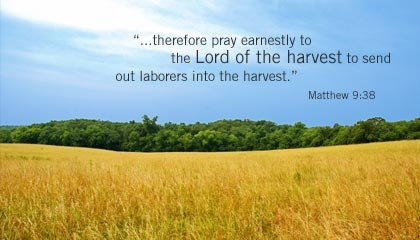
sbc IMPACT! is the vision of a group of Southern Baptist bloggers who desire to host a truly edifying, thought-provoking, civil community for the examination and discussion of issues that affect Southern Baptist churches.
Instead of dwelling upon SBC politics and personalities, sbc IMPACT! will be a place where issues, even the tough issues, can be discussed and debated in a God-honoring manner. It will be a place where Southern Baptist ministries, churches, and missionaries can be highlighted and lifted up. It will be a place where differing views can be stated in an atmosphere of dignity and respect.
In short, the contributors at sbc IMPACT! want to work to bring Christ-like character, honorable speech, and real ministry to the discussion of Southern Baptist issues in the blogosphere. Our contributors are SBC pastors, ministers, lay-people, and bloggers. Take time to visit our Contributors page and get to know us. Take time to send an e-mail of encouragement.
Tell everyone you can that an exciting, new blog community is coming to SBC life. Add us to your blogroll. Come and visit when we launch on Saturday, September 1. And please do not hesitate to join in the community and conversation. We value your ministry, your kinship in Christ, and your views. We know that you have something valuable to offer your fellow Southern Baptists.
We’ll be “tweaking” the site and making a few changes between now and the launch date, so be patient with us. Hopefully, if you will take a careful look at our Purpose Statement and Standards for commenting, you will truly understand our hearts and desires for this endeavor. Meanwhile … if there are any topics or issues that you would like to see discussed in this forum, just leave us a comment.
God bless all. We’ll see you on the 1st!


